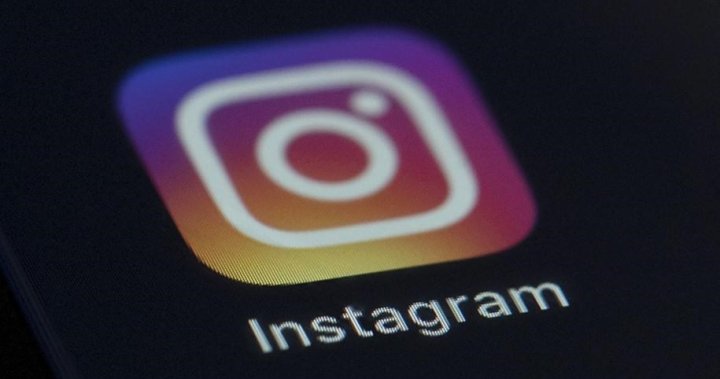
Instagram testing new tools to verify user age
Global News
The use of face-scanning AI, especially on teenagers, raised some alarm bells, given the checkered history of Instagram parent Meta when it comes to protecting users' privacy.
Instagram is testing new ways to verify the age of people using its service, including a face-scanning artificial intelligence tool, having mutual friends verify their age or uploading an ID.
But the tools won’t be used, at least not yet, to try to keep children off of the popular photo and video-sharing app. The current test only involves verifying that a user is 18 or older.
The use of face-scanning AI, especially on teenagers, raised some alarm bells Thursday, given the checkered history of Instagram parent Meta when it comes to protecting users’ privacy. Meta stressed that the technology used to verify people’s age cannot recognize one’s identity _ only age. Once the age verification is complete, Meta said it and Yoti, the AI contractor it partnered with to conduct the scans, will delete the video.
Meta, which owns Facebook as well as Instagram, said that beginning on Thursday, if someone tries to edit their date of birth on Instagram from under the age of 18 to 18 or over, they will be required to verify their age using one of these methods.
Meta continues to face questions about the negative effects of its products, especially Instagram, on some teens.
Kids technically have to be at least 13 to use Instagram, similar to other social media platforms. But some circumvent this either by lying about their age or by having a parent do so. Teens aged 13 to 17, meanwhile, have additional restrictions on their accounts _ for instance, adults they are not connected to can’t send them messages _ until they turn 18.
The use of uploaded IDs is not new, but the other two options are. To use the face-scanning option, a user has to upload a video selfie. That video is then sent to Yoti, a London-based startup that uses people’s facial features to estimate their age.
Yoti is one of several biometric companies capitalizing on a push in the United Kingdom and Europe for stronger age verification technology to stop kids from accessing pornography, dating apps and other internet content meant for adults — not to mention bottles of alcohol and other off-limits items at physical stores.











